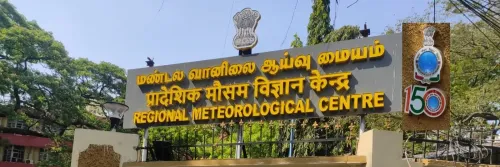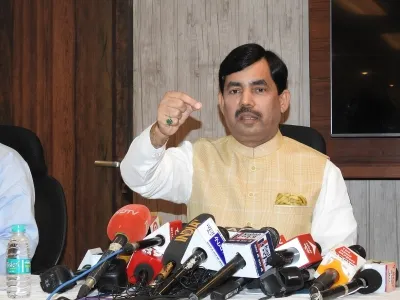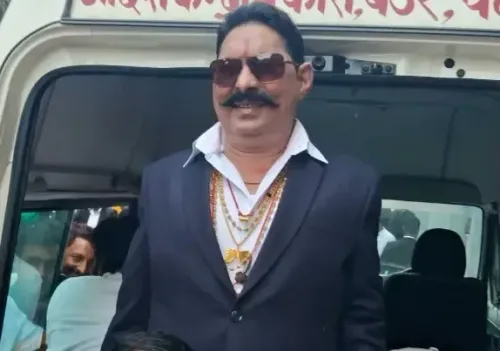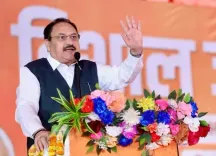Why Did ECI Reject Bengal Government’s Plea for Swastha Sathi and Ration Cards?
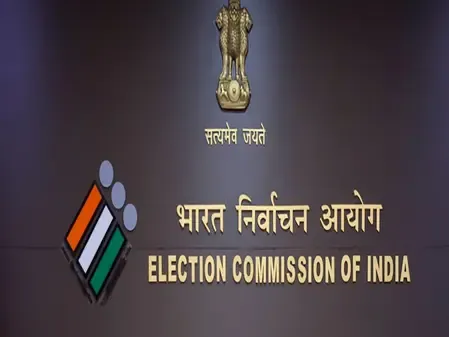
Synopsis
Key Takeaways
- The ECI has rejected the inclusion of Swastha Sathi and ration cards in the special intensive revision.
- The decision aims for uniformity across all Indian states regarding voter identity documentation.
- The ruling party in West Bengal has expressed significant opposition to the revision process.
- The Supreme Court has mandated the inclusion of Aadhaar cards as valid identity evidence.
- Political tensions continue to rise as the assembly polls approach.
Kolkata, Sep 11 (NationPress) The Election Commission of India (ECI) on Thursday turned down the request from the West Bengal government to include Swastha Sathi and ration or PDS cards as acceptable documents in the proposed special intensive revision for the state.
The Swastha Sathi cards are linked to the West Bengal government’s health insurance initiative, with premium costs covered by the state. Both Swastha Sathi and ration cards are identity documents issued by the state.
Recently, the Supreme Court directed the ECI to accept Aadhaar cards as valid identity evidence during the special intensive revision.
This revision process has already been completed in Bihar, which is gearing up for assembly elections this year.
Following the court's directive on including Aadhaar cards, West Bengal Chief Secretary Manoj Pant wrote to the Chief Electoral Officer (CEO), Manoj Kumar Agarwal, earlier this month, urging him to advocate for the inclusion of Swastha Sathi and ration cards as valid identity documentation.
However, a source from the CEO's office revealed on Thursday that the ECI has informed the state that the inclusion of Swastha Sathi and ration cards is not feasible.
“The commission dismissed the state’s arguments for including Swastha Sathi cards, stating that all personal data of any West Bengal resident is verified by state authorities before these cards are issued, hence they cannot be used as proof of citizenship in the voter registry. Similarly, the state contended that ration cards could assist in identifying numerous individuals,” the insider stated.
Sources indicate that the commission emphasized the need for a consistent rule across all Indian states for this special intensive revision, asserting that no exceptions would be granted to West Bengal.
Since its inception, Chief Minister and the ruling Trinamool Congress have opposed the special intensive revision in West Bengal. The Chief Minister argues that the intent behind this revision is to impose NRC and CAA measures in the state.
Conversely, the BJP claims that the Trinamool Congress and Chief Minister Mamata Banerjee oppose the revision out of concern that the names of numerous illegal Rohingya and Bangladeshi infiltrators may be removed from the voters' list following the revision exercise.

